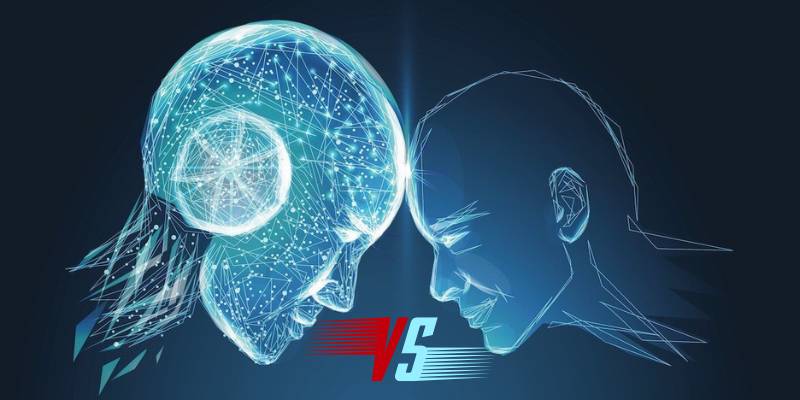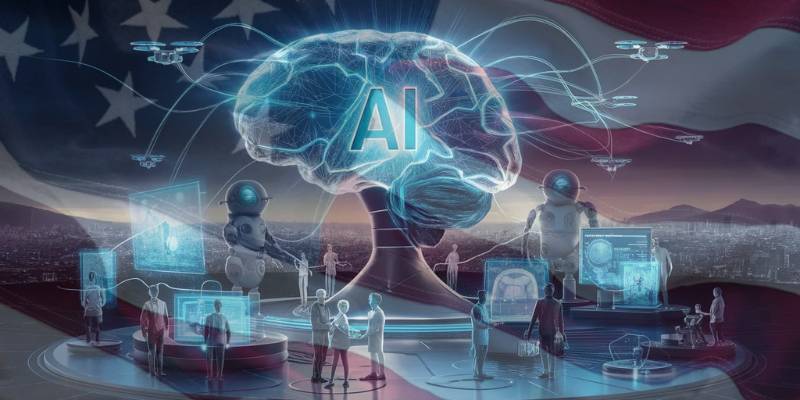The chatter around artificial intelligence has reached fever pitch this week as regulators from Washington to Brussels scramble to rewrite the playbook.
In a recent piece revealing how the Federal Trade Commission is rethinking its stance on open-source AI models, a sense of both urgency and confusion pulses through the debate.
The FTC, once a quiet observer of tech innovation, now seems poised to become its referee — and maybe its coach, too. You can almost hear developers everywhere asking: wait, what changed?
The Quiet Policy Earthquake No One Saw Coming
For years, regulators talked about “guidelines” for AI while startups sprinted ahead. Then, almost overnight, the FTC began re-evaluating how open-source AI should be treated.
That’s no minor bureaucratic tweak — it’s a potential overhaul of how innovation is policed.
As the agency distances itself from its previously hands-off approach, older blog posts and speeches that once cheered open development are reportedly being archived or edited.
Some might call it accountability; others see it as rewriting history.
This regulatory rethink doesn’t exist in a vacuum. Across the Atlantic, the European Union’s AI Act is already setting the pace with its risk-tiered framework, and countries like the UK are flirting with a softer, “sandbox-style” model designed to encourage innovation while maintaining oversight.
Meanwhile, in the U.S., states like California are introducing new rules such as the Transparency in Frontier Artificial Intelligence Act (TFAIA), adding yet another layer to the patchwork.
It’s a global tug-of-war between innovation and caution, and the rope’s starting to fray. This broader view of AI policy fragmentation shows just how out of sync different regions have become.
The Human Side of Regulation
But beyond the legal jargon, it’s personal. I’ve talked to developers who feel deflated — like the ground rules keep changing mid-game.
“How do we build responsibly,” one told me, “when we don’t even know what ‘responsible’ means anymore?”
Fair question. AI regulation isn’t just about data governance or transparency reports; it’s about livelihoods, creativity, and trust.
The recent debate around worker-centered AI governance makes that painfully clear: the people behind the code are starting to demand a say in how AI shapes their futures.
This tension between protection and progress is what’s giving lawmakers sleepless nights.
The FTC’s shift hints at a more interventionist era — one that could favor big players with compliance teams over smaller innovators who just want to ship something new.
A Global Balancing Act
The messy truth? No one’s cracked the code yet. The EU has regulation. The US has committees. The UK has optimism.
And Asia, as usual, is quietly testing ideas before anyone else notices.
There’s even growing concern in Europe that American companies could exploit loopholes through open-source licensing, which makes the FTC’s tougher tone suddenly look a lot more strategic than reactive.
We’re entering a moment where “open” doesn’t necessarily mean “free.”
As one analyst put it in a recent global AI governance review, transparency may soon require certification — like a driver’s license for code.
That’s wild if you think about it: AI developers needing permits, audits, maybe even ethics credits.
My Take: The Beautiful Chaos of Progress
I can’t help feeling a bit torn. On one hand, regulation could bring a much-needed reality check — less hype, more accountability.
But I also miss that reckless creative energy from the early days of open-source AI, when someone in a dorm room could build a model that startled the entire industry overnight. That spark feels endangered.
Still, there’s hope. If policymakers learn to listen — really listen — to both innovators and ethicists, the next generation of AI regulation might actually make tech better, not slower.
Maybe, just maybe, we’ll figure out how to keep the wild magic of AI alive without burning down the house.
And if you ask me? We’re all just beta-testing the future, one regulation at a time.


